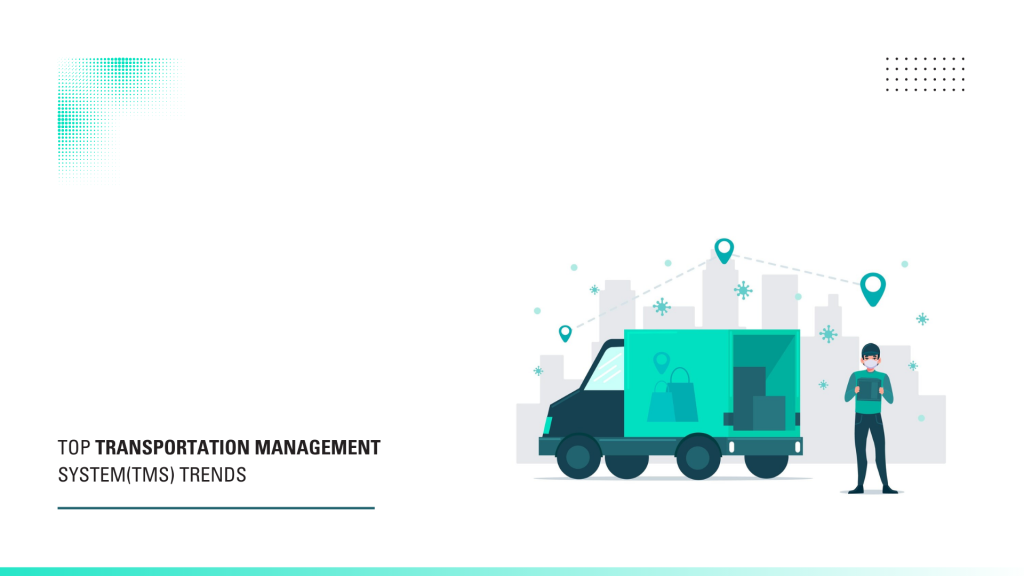In the fast-paced world of logistics, efficiency is the name of the game. From when goods leave the warehouse to their arrival at the customer’s doorstep, every step must be optimized for success. This is where Transportation Management Systems (TMS) come, offering a complete set of tools to enhance visibility across the supply chain. Let’s delve into the essential features that make up a robust Transportation Management System:
Requirements Management:
Efficient transportation management begins with understanding each shipment’s unique requirements. An effective ERP TMS allows businesses to input and manage parameters such as weight, volume, destination, delivery deadlines, and special instructions. By centralizing this information, companies can make informed decisions regarding transportation modes, carriers, and routes, ensuring that each shipment is handled appropriately.
Shipment Optimization:
Optimization is key. A robust ERP TMS utilizes advanced algorithms to optimize shipments based on cost, time, capacity, and environmental impact. By consolidating shipments, minimizing empty miles, and selecting the most efficient routes. Businesses can reduce transportation costs, improve delivery times, and minimize their carbon footprint.
Carrier Booking & Route Planning:
Seamless integration with carriers is essential for smooth transportation operations. An ERP TMS simplifies booking carriers by providing a centralized medium for collaboration. Additionally, advanced route planning capabilities enable businesses to allocate resources efficiently. Minimize detours, and avoid congestion, ultimately enhancing overall productivity and customer satisfaction.
Real-time Monitoring:
Visibility is crucial in the world of transportation management. With real-time monitoring capabilities, businesses can track shipments, monitor carrier performance, and respond swiftly to unexpected delays, disruptions, or route deviations. By equipping stakeholders with access to up-to-date information, an ERP TMS enables proactive decision-making and ensures that issues are addressed promptly to minimize impact.
KPI Identification:
Key Performance Indicators (KPIs) serve as vital metrics for evaluating transportation performance and identifying areas for improvement. An ERP TMS facilitates the tracking and analyzing KPIs such as on-time delivery rates, transportation costs, carrier performance, and inventory levels. By identifying trends, patterns, and inefficiencies, businesses can implement data-driven strategies to optimize their transportation operations and drive continuous improvement.
ERP Transportation Management System plays a vital role in contemporary logistics by offering a wide range of features to streamline operations. Improve visibility, and increase efficiency throughout the supply chain. By harnessing advanced technologies and data-driven insights, businesses can effectively navigate the intricacies of transportation management, leading to greater success in today’s competitive marketplace.
Conclusion:
By implementing an Acumatica ERP solution as the central hub of your operations, you gain visibility into all facets of your supply chain processes. Real-time insights enable you to monitor both local and global activities. With personalized dashboards and tailored reporting, you can proactively address potential issues accurately, avoiding negative impacts. This ensures accurate product manufacturing, on-time order deliveries. And ultimately, the satisfaction of customers, who then become loyal advocates for your business.

Vijay comes with a vast experience in ERP and enterprise solutions space with about 20 years of experience in various packaged application like Acumatica, SAP, Orion, Salesforce.com, SugarCRM and, SalesLogix.

